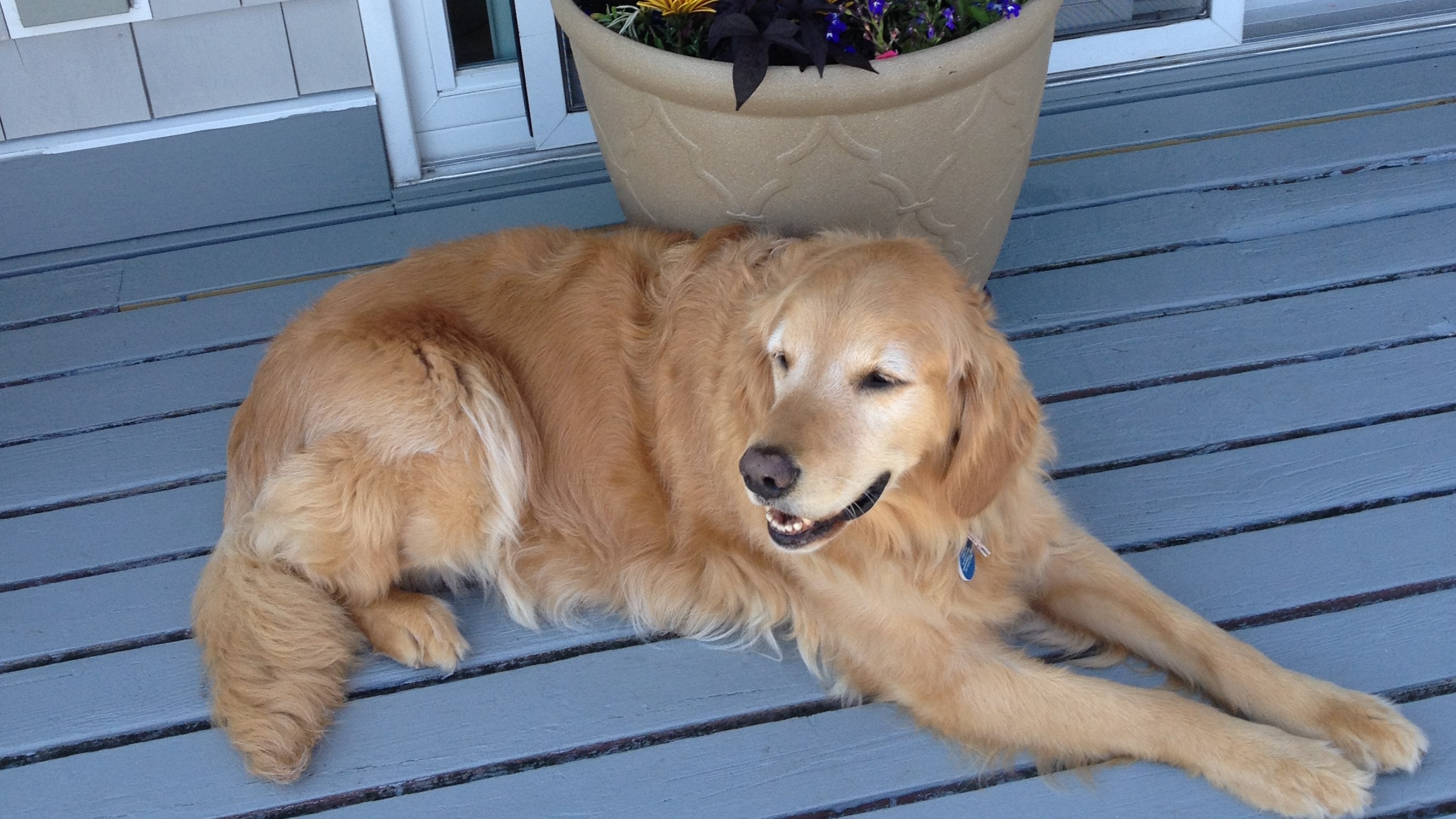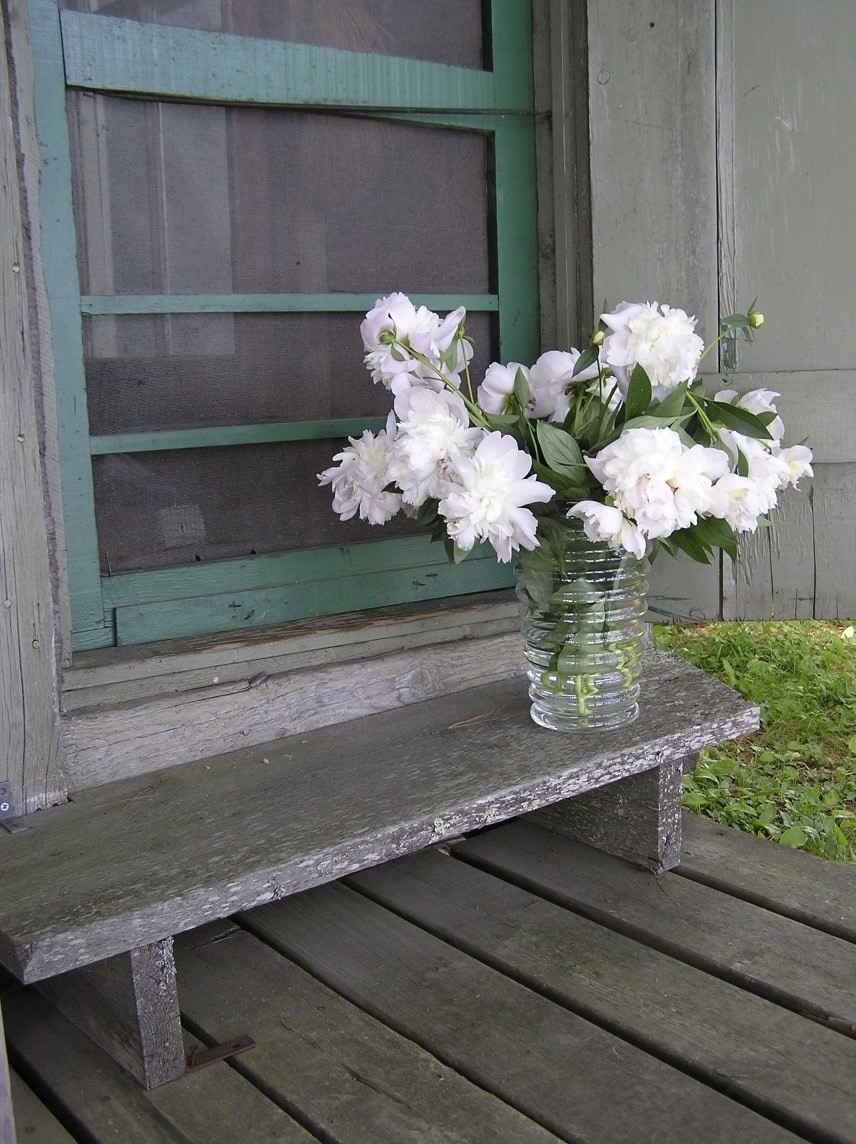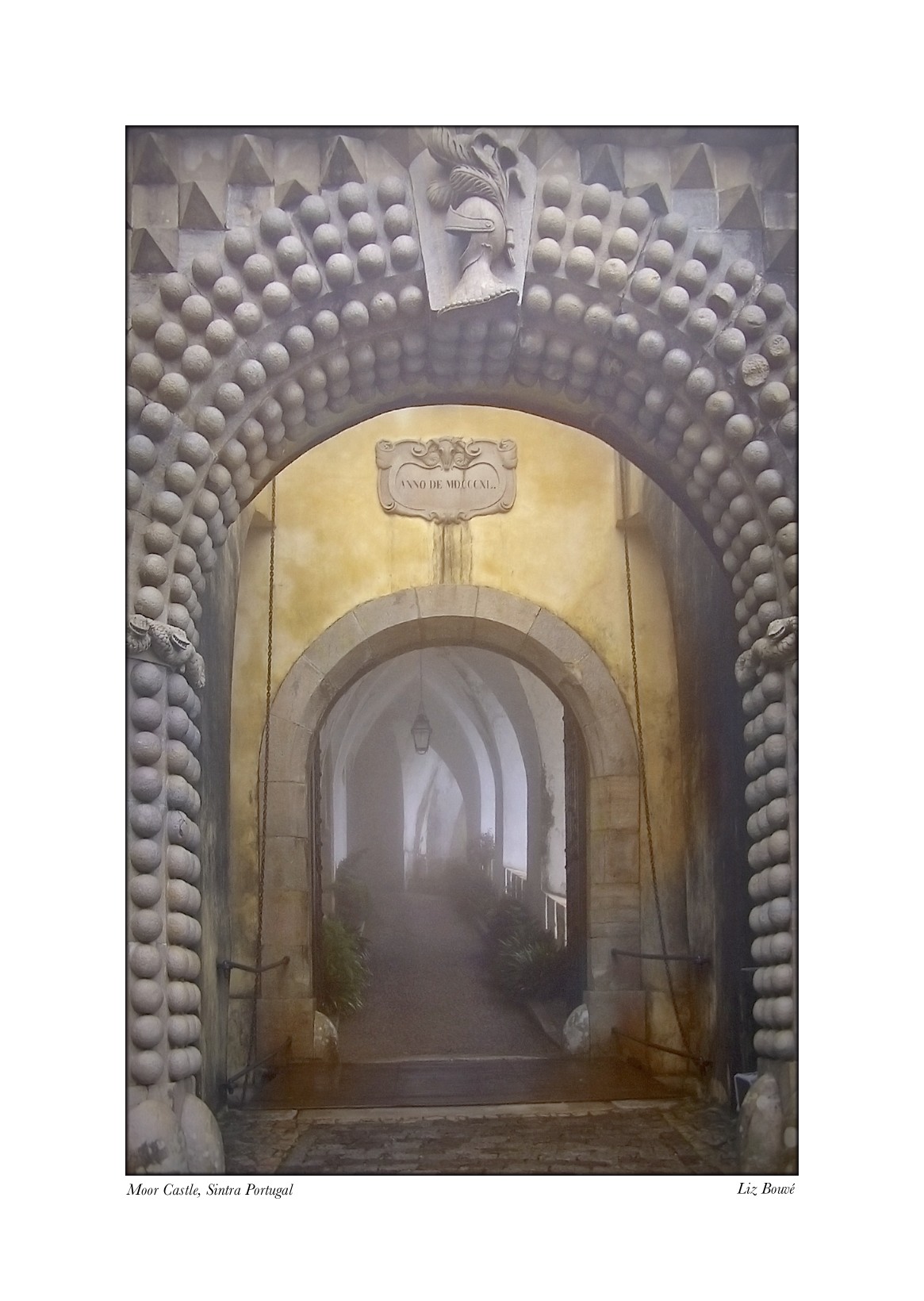
For Sonia, there were several important lessons to be learned. She needed to determine when to share her hearing impairment with other people (American school). Sonia also came to recognize that when her disability is not shared, people might begin reading all sorts of motivations into her behavior (or non-behavior) (British school). Most importantly, Sonia began reflecting on her own sense of self and began to “forgive” herself for not being perfect. One of the outcomes of her participation in the Tavistock group was her determination to become an advocate for new disability policies in her own organization (Continental school). Sonia immediately asked the head of HR to place her on a task force regarding disability-related discrimination and review of facilities accessibility. This was a painful storm for Sonia, but one that led her to a new harbor and to a new sense of being her own captain.
11. The value system of a group and its membership may be noted in the way unknowns in life of the group are confronted.
Ultimately, members of the group must find a way to create and maintain a level of collective competence that leads to legitimate levels of trust regard this competence. The group must also find a compelling vision of its own collective future that leads to legitimate levels of trust regarding shared intentions.
All of this must be done based on a foundation of appreciation for the diversity of perspectives found among members of the group (society). This appreciation is, in turn, based on a foundation of self-esteem and self-mastery in the midst of a very challenging world. It is also based on a shared sense of a preferred future—both in the lives of each member and in their collective future.
Case Example: I close this essay and this book with a reference to my own work in groups. I find that the spark of adventure is to be found in any group I have facilitated over many years. There is always something new to be learned from a new group that has been convened primarily for the purpose of discovering its own collective process as well as the processes engaged by each participant in their personal heart and soul. I watched a video recording several years ago of an interview with Irving Yalom, the noted psychotherapist and group facilitator. He was asked if he ever gets “bored” conducting another group therapy session. Yalom indicated that every group is a whole new experience for him. Each group challenges his own insights about how people interact with one another. I frame this appreciation as attending an outstanding play that is both realistic and thrilling.
The groups I have been fortunate to facilitate with someone from the Tavistock school have been particularly exciting for me. Coming out of training in the American school, I tend to focus on the experiences of each individual member of the group. My co-facilitator would focus, instead, on the collective behavior of the group and on the collective assumptions being made by the group. We often switch the group’s focus between the individual and the collective. Each switch brings about new insights. Furthermore, there are often additional insights to be gained from the feelings that arise from a shift from the individual to the group (“I lose my independence!”), as well as from the group to the individual (“I lose my sense of belongingness’). These “transitional” insights are often of great importance and are only found when both the American and British (Tavistock) perspective are being engaged.
Conclusions
With all of this gratitude regarding the opportunity to facilitate groups of all sorts, engaging many different strategies, my greatest expression of gratitude is reserved for Joe Luft, my mentor and colleague. While Joe passed away quite a few years before this book was completed, I feel like he is sitting on my right shoulder and is offering not only encouragement but also wisdom.
While I know that Joe is not there, his right shoulder advice is coming from my reflections back on the groups he conducted with the students at my graduate school. I was given the opportunity to co-facilitate these groups with Joe. Though I uncharacteristically remained rather quiet during these sessions, observing Joe Luft in action, I was enthralled in watching the very open (Quad One) way in which Joe worked with the group and realized that his reservoir of wisdom (Quad Three and Four) was very deep and was freely shared with everyone with whom he was in contact.
I thank you Joe and hope that you would find my work to be worthy of your foundational model of interpersonal relationships. I would like to think that you and I might dance gracefully together in our own collegial relationship.









